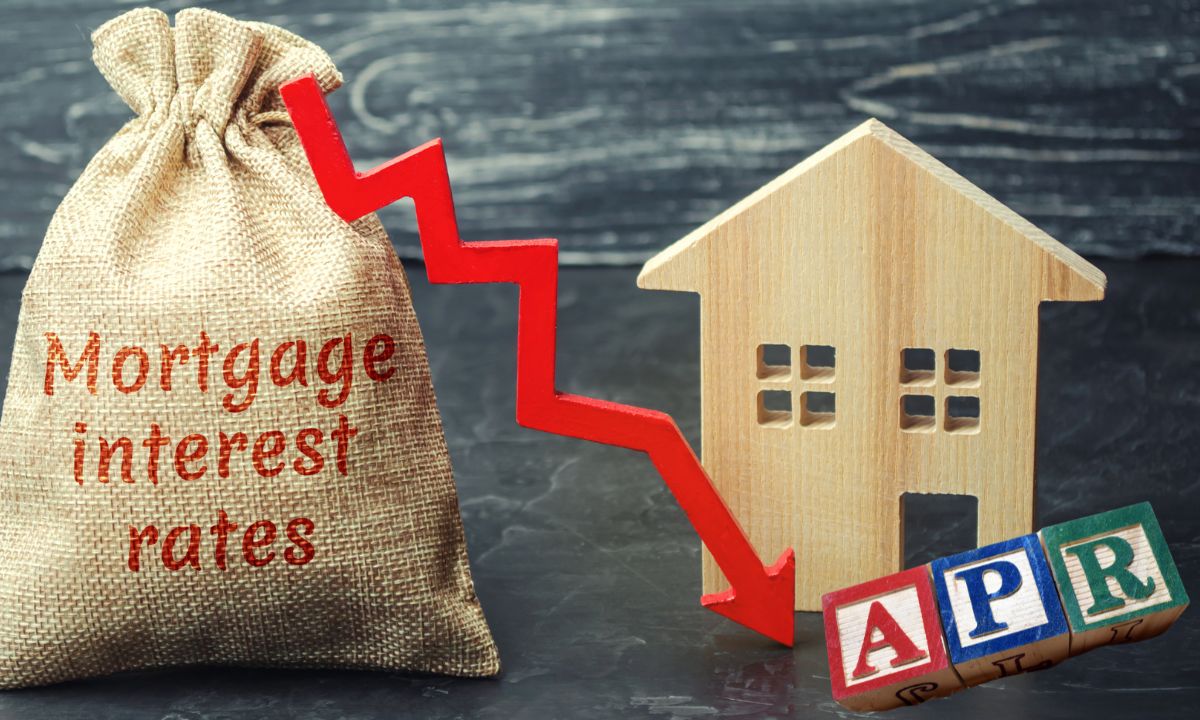Understanding the Vital Role of Homeowners Insurance in Mortgage Agreements
 Owning a home is a dream for many, representing a significant milestone and a considerable financial investment. However, along with the excitement of homeownership comes a set of responsibilities and financial commitments. One of the most crucial aspects of safeguarding your investment is securing homeowners insurance.
Owning a home is a dream for many, representing a significant milestone and a considerable financial investment. However, along with the excitement of homeownership comes a set of responsibilities and financial commitments. One of the most crucial aspects of safeguarding your investment is securing homeowners insurance.
Protecting Your Investment
Your home is likely the most valuable asset you own. Whether you’ve recently purchased a property or you’re considering buying one, protecting it against unforeseen events is paramount. Homeowners insurance provides financial protection against damages to your home and its contents caused by fire, theft, vandalism, natural disasters, and other perils outlined in your policy.
Fulfilling Lender Requirements
When you finance the purchase of a home through a mortgage, your lender assumes a considerable risk. To mitigate this risk, lenders typically require borrowers to obtain homeowners insurance as a condition of the mortgage agreement. This requirement ensures that if your home is damaged or destroyed, the lender’s investment is protected.
Understanding Coverage
Homeowners insurance policies vary in terms of coverage and cost, so it’s essential to understand what your policy includes. Standard policies typically cover the structure of your home, personal belongings, liability protection, and additional living expenses if you’re unable to live in your home due to covered damages. However, it’s essential to review the specifics of your policy and consider additional coverage options, such as flood insurance or earthquake insurance, depending on your location and individual needs.
Meeting Legal Obligations
In addition to protecting your investment and fulfilling lender requirements, homeowners insurance may also be a legal obligation. While there is no federal law mandating homeowners insurance, some states or mortgage lenders may require it. Even if it’s not required by law, securing insurance is a wise decision to protect yourself financially in the event of unexpected losses.
Peace of Mind
Beyond the financial and legal aspects, homeowners insurance offers peace of mind. Knowing that your home and belongings are protected against potential risks provides a sense of security for you and your family. Whether it’s a minor incident like a broken window or a more significant event like a fire or natural disaster, having insurance coverage can help alleviate the financial burden during difficult times.
As a homebuyer, understanding the importance of homeowners insurance in mortgage agreements is crucial for protecting your investment and complying with lender requirements. By securing adequate coverage, you can safeguard your home against unforeseen risks, fulfill legal obligations, and enjoy peace of mind knowing that you’re prepared for whatever life may bring. Remember to review your policy regularly, update coverage as needed, and consult with insurance professionals to ensure you have the right level of protection for your home and belongings. After all, when it comes to homeownership, being prepared is key to long-term financial security and peace of mind.

 Buying a home is one of the most significant financial decisions most of us will ever make. It’s a journey filled with excitement, anticipation, and sometimes, a touch of anxiety. Among the many steps involved in this process, understanding mortgage underwriting is crucial. To demystify this complex process, let’s delve into the 5 C’s of mortgage underwriting.
Buying a home is one of the most significant financial decisions most of us will ever make. It’s a journey filled with excitement, anticipation, and sometimes, a touch of anxiety. Among the many steps involved in this process, understanding mortgage underwriting is crucial. To demystify this complex process, let’s delve into the 5 C’s of mortgage underwriting. If you’re gearing up to dive into the world of real estate, there are a few key terms you’ll want to wrap your head around before taking the plunge. Today, we’re demystifying APR and interest rate, two crucial concepts that can impact your home-buying journey. Don’t worry, I’ll break it down in simple terms so you can confidently navigate the process like a pro.
If you’re gearing up to dive into the world of real estate, there are a few key terms you’ll want to wrap your head around before taking the plunge. Today, we’re demystifying APR and interest rate, two crucial concepts that can impact your home-buying journey. Don’t worry, I’ll break it down in simple terms so you can confidently navigate the process like a pro.